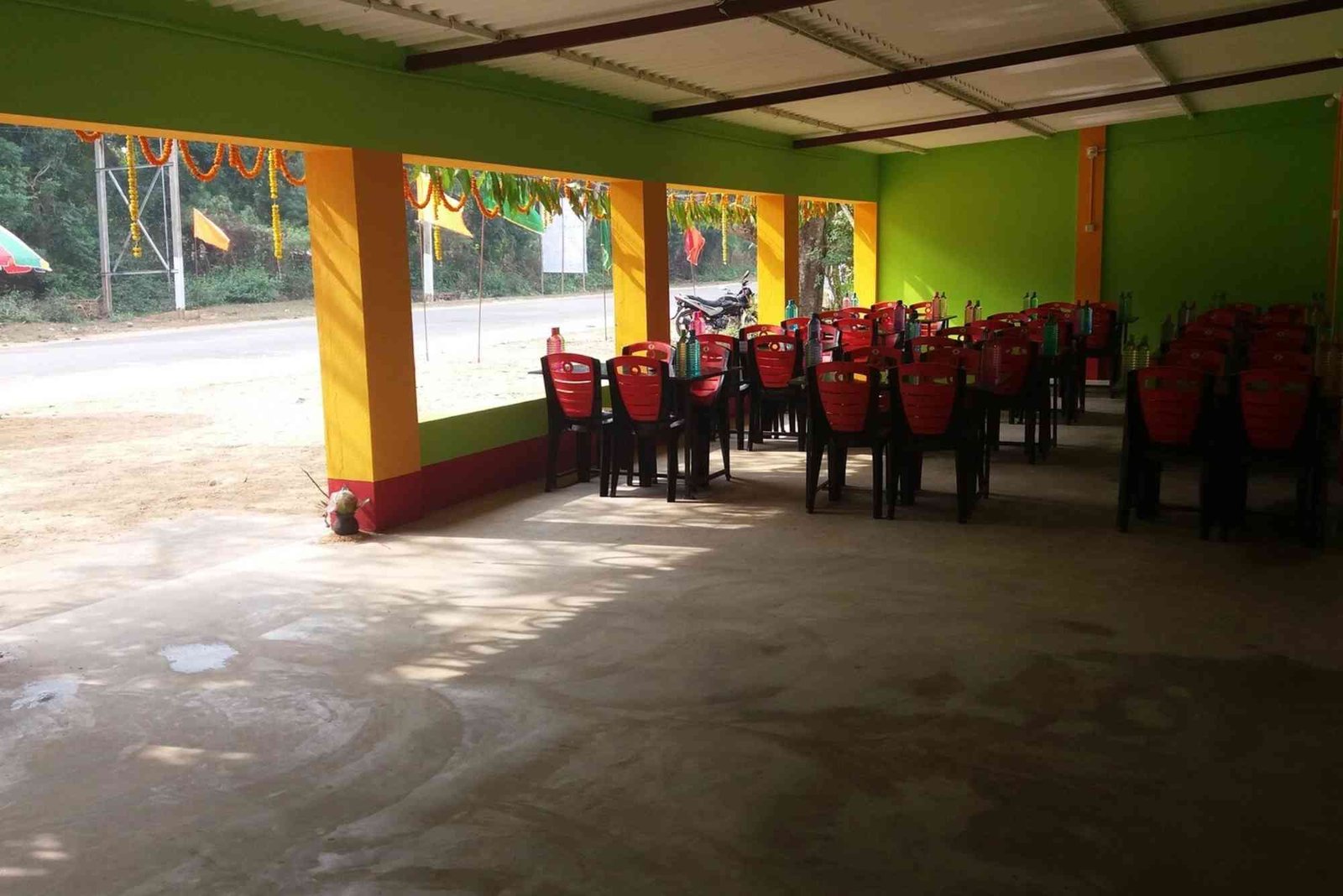Finding affordable housing in Massachusetts can feel like navigating a maze. While the state is known for its vibrant cities and scenic beauty, rental prices can be intimidating. However, with careful research and strategic planning, discovering the lowest rent areas in Massachusetts is achievable. This guide offers practical tips and highlights common mistakes, helping renters make informed decisions.
Understanding the Rental Landscape in Massachusetts
Massachusetts is diverse, both culturally and economically. Urban centers like Boston and Cambridge naturally have higher rents due to demand, amenities, and job opportunities. Meanwhile, smaller towns and suburban regions often provide more affordable housing options. Understanding the local rental market is crucial before committing to a lease. Knowledge of factors such as neighborhood safety, transportation options, and proximity to schools or workplaces can influence both cost and quality of life.
Rent costs in Massachusetts are shaped by multiple factors, including the overall economy, demand for housing, and seasonal trends. For instance, areas closer to colleges or universities might see spikes during academic seasons. By analyzing these trends, renters can time their searches to secure more competitive rates.
Tips for Finding the Lowest Rent Areas in Massachusetts
Navigating the rental market strategically can save both money and stress. One of the first steps is to identify towns and neighborhoods where rents remain lower while still offering necessary amenities. Research local listings, compare rental websites, and connect with community forums to gauge realistic expectations.
Another effective approach is visiting neighborhoods in person. Experiencing a community firsthand allows you to assess factors such as noise levels, accessibility, and general upkeep. Online research alone often misses subtleties like street safety, public transport availability, and local culture, which can impact long-term satisfaction.
Timing your search can also make a difference. Renting during off-peak seasons often results in lower prices, as demand drops and landlords are more willing to negotiate. Additionally, considering slightly older or smaller apartments may yield savings without compromising comfort.
Budgeting wisely is equally critical. While aiming for the lowest rent, factor in utilities, maintenance, and commuting costs. A seemingly inexpensive apartment could become costly when additional expenses are added. Understanding the full financial picture ensures that your decision is sustainable.
For a deeper dive into cost-effective living, check out this in-depth look at lowest rent areas in Massachusetts. It provides insights into neighborhoods that balance affordability and quality of life.
Common Mistakes Renters Make
Even experienced renters can make errors when seeking low-cost housing. One frequent mistake is prioritizing price over safety or convenience. Low rent areas are appealing, but it is important to ensure neighborhoods have safe streets, access to essentials, and reasonable commute times. Sacrificing safety or accessibility for a few dollars in rent can create bigger problems in the long term.
Another error involves skipping thorough research. Relying solely on online listings without visiting a property or understanding local regulations can lead to surprises. Reading reviews, talking to current tenants, and verifying landlord credentials are essential steps to avoid scams or poorly maintained units.
Overlooking hidden costs is another pitfall. Some apartments may advertise low rent but add mandatory fees for parking, pets, or utilities. Understanding all associated expenses ensures you’re not blindsided by bills after moving in.
Additionally, failing to negotiate rent is a missed opportunity. Many landlords are open to negotiation, especially if the property has been vacant for a while. Approaching with professionalism and a clear offer can result in savings without compromising quality.
Balancing Affordability with Lifestyle
While it’s tempting to chase the absolute lowest rent, balancing affordability with lifestyle is key. Access to amenities like grocery stores, gyms, parks, and fitness centers such as Orange Theory in Mountain View can significantly enhance daily life. Proximity to these facilities often justifies slightly higher rent because of the convenience and well-being benefits.
Choosing a rental also means considering transportation. If your work or social life requires regular commuting, living slightly farther from city centers may save money on rent but increase travel costs. Calculating these trade-offs ensures that affordability doesn’t come at the expense of quality of life.
Understanding local culture and community resources also contributes to a satisfying experience. Areas that offer community events, libraries, and recreational facilities provide intangible benefits that enhance overall living standards.
Expert Advice for Massachusetts Renters
Consulting reliable sources and learning from experts in the Massachusetts housing market is invaluable. Understanding real estate fundamentals can help you navigate complex rental agreements and market trends. Resources covering real estate basics provide guidance on lease terms, tenant rights, and financial planning.
Networking with an editorial partner or real estate professional ensures you stay informed about emerging rental opportunities. Professionals often know about properties before they hit public listings, giving renters an edge.
Finally, patience is essential. The lowest rent areas might not be immediately obvious, and rushing can lead to mistakes. Taking the time to research, inspect, and negotiate ensures a more positive rental experience.
Finding affordable housing in Massachusetts doesn’t have to be overwhelming. By understanding the rental market, applying practical tips, and avoiding common mistakes, renters can secure apartments that offer both value and comfort. Remember, affordability is more than just low rent—it’s about balancing cost with lifestyle, safety, and convenience.
Ready to make your move? Start your search today, research neighborhoods carefully, and approach landlords strategically. With the right approach, your ideal Massachusetts home is within reach.
FAQ
What are some affordable cities to rent in Massachusetts?
Cities in western and central Massachusetts often have lower rents than Boston or Cambridge. Areas like Springfield and Worcester provide a mix of affordability and amenities.
How can I find the cheapest rentals in Massachusetts?
Research multiple sources, visit neighborhoods, and monitor seasonal rental trends. Engaging with local forums and professionals can uncover hidden opportunities.
Are low-rent areas in Massachusetts safe?
Safety varies widely by neighborhood. Always research crime rates, visit in person, and consult local resources before committing to a lease.
Does living farther from Boston save money?
Yes, rents typically decrease the further you move from major urban centers. However, consider commuting costs and transportation availability to avoid unexpected expenses.
Can I negotiate rent in Massachusetts?
Absolutely. Many landlords are open to negotiation, especially during off-peak seasons or for longer leases. Professional, well-prepared offers are often successful.




